Switzerland, known for its pristine landscapes, alpine meadows, and deep-rooted traditions, has long embraced the use of herbal remedies and natural healing practices. Nestled between the towering Alps and serene valleys, the Swiss have cultivated an intimate relationship with nature, using its bounty to maintain health and vitality. From mountain herbs to traditional tinctures, Switzerland’s healing practices are deeply embedded in its culture and history.
If you’re curious about the role of herbal remedies in Swiss wellness traditions, read on to discover the secrets of Switzerland’s natural healing practices and how you can incorporate them into your own life.
A Rich Heritage of Herbal Healing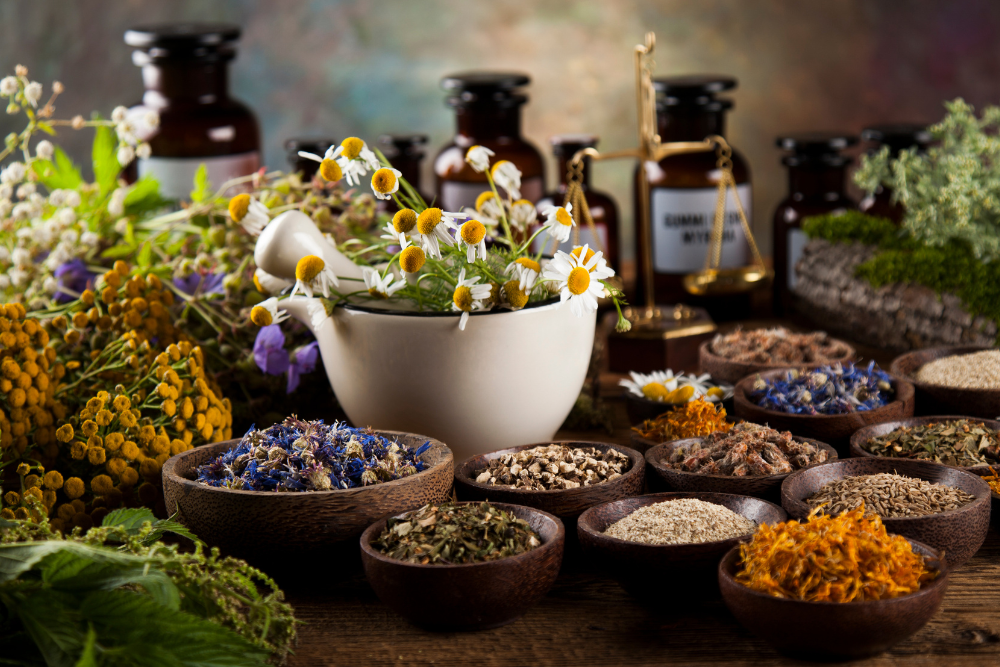
Switzerland’s history of herbal medicine dates back to the Middle Ages, when monks and healers relied on the country’s abundant flora to treat a variety of ailments. The Swiss Alps, with their rich biodiversity, provided a vast array of plants with medicinal properties. These plants were often used to alleviate common ailments such as colds, digestive issues, and skin conditions.
Swiss herbal remedies are rooted in the philosophy of holistic healing, which emphasizes the balance between mind, body, and spirit. Swiss herbalists and apothecaries traditionally combined plant-based therapies with other natural practices, such as aromatherapy and hydrotherapy, to promote wellness. Many of these practices are still used today, especially in rural areas and wellness centers throughout the country.
Key Swiss Herbs and Their Healing Powers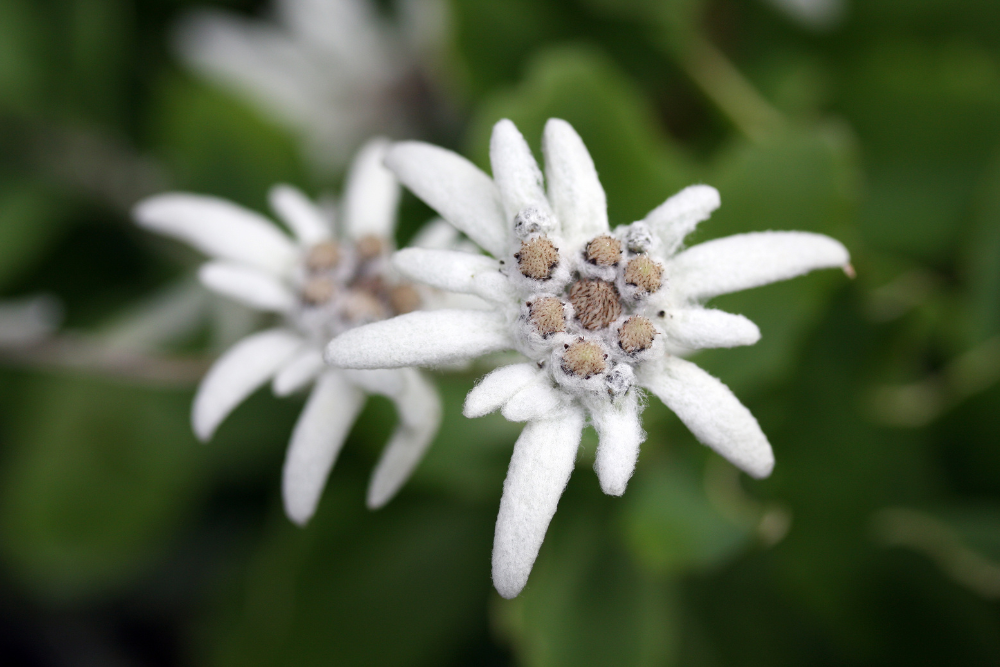
Switzerland’s diverse climate and terrain allow for the cultivation of many herbs with remarkable healing properties. Some of the most renowned Swiss herbs include:
1. Edelweiss – The Iconic Alpine Flower
Edelweiss, a symbol of the Swiss Alps, is perhaps the most famous Swiss herb. This white flower grows at high altitudes and has been used for centuries in natural medicine. Known for its powerful antioxidant and anti-inflammatory properties, Edelweiss is often used in skincare products to protect against skin aging, soothe sensitive skin, and improve skin elasticity.
In traditional Swiss herbalism, Edelweiss is also believed to help with respiratory issues and is sometimes used in teas or tinctures to alleviate coughs and congestion.
2. Arnica – The Healing Herb for Bruises and Muscle Pain
Another staple in Swiss herbal medicine is Arnica montana, a vibrant yellow flower that grows in the Alpine meadows. Arnica has long been revered for its anti-inflammatory and pain-relieving properties. It is commonly used in the form of ointments, creams, and tinctures to treat bruises, muscle soreness, and joint pain.
Swiss herbalists often recommend Arnica for injuries or strains, especially for athletes and those recovering from surgery. Arnica works by stimulating circulation and reducing swelling, making it a go-to remedy for muscle and joint discomfort.
3. Swiss Mountain Herbs – Natural Remedies for Digestive Health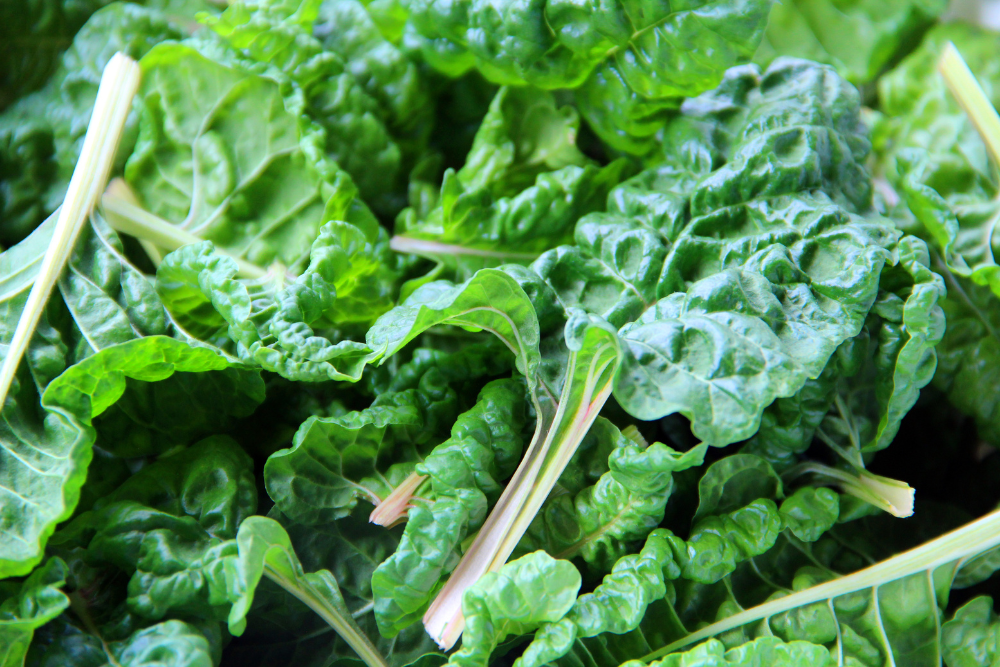
Swiss herbalists have long turned to the herbs found in the mountain meadows to treat digestive issues. Herbs such as chamomile, mint, and yarrow are commonly used in Switzerland to relieve bloating, indigestion, and nausea.
These herbs are typically made into soothing teas or infusions and are believed to aid in relaxing the stomach muscles, promoting digestion, and calming inflammation in the digestive tract. Chamomile, in particular, is valued for its mild sedative effect, making it a great choice for those struggling with stress-related stomach issues.
4. St. John’s Wort – A Natural Mood Booster
St. John’s Wort is a bright yellow flower that has been used in Swiss herbal medicine for centuries to treat a variety of mood disorders, particularly depression and anxiety. This herb is known for its antidepressant properties, and its active compound, hypericin, is believed to have a positive effect on the nervous system, promoting emotional balance.
In Switzerland, St. John’s Wort oil is also applied topically to treat skin conditions like eczema and burns. It is widely used in herbal teas, tinctures, and capsules to help boost mood and reduce symptoms of seasonal affective disorder (SAD), a condition that affects many people in the winter months.
5. Nettle – The Detoxifying Herb
Nettle is a powerhouse herb with detoxifying and anti-inflammatory properties. In Switzerland, it is often used in the form of teas and extracts to cleanse the body of toxins, improve blood circulation, and support kidney health.
Nettle is packed with vitamins and minerals, including iron, calcium, and vitamin C, making it an excellent herb for boosting energy levels and supporting overall immune function. Swiss herbalists also recommend nettle for its anti-allergenic properties, particularly for those suffering from hay fever or seasonal allergies.
Traditional Swiss Herbal Remedies: A Journey into Nature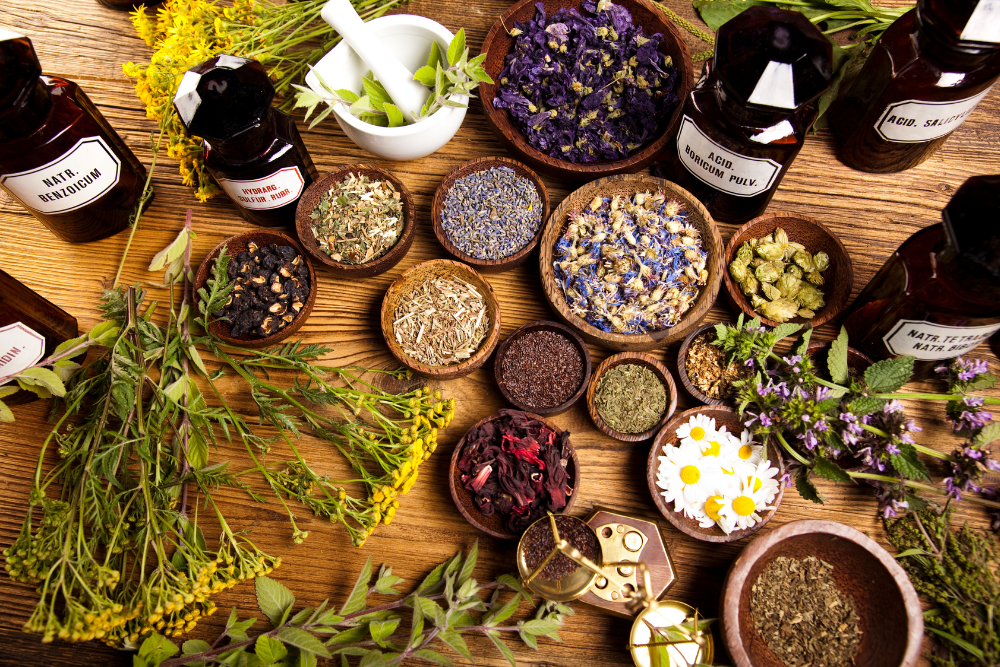
Switzerland’s rich tradition of natural healing can still be experienced today through the country’s many herbal spas, wellness retreats, and herbal products. Many Swiss villages and alpine resorts continue to use locally sourced plants and wild herbs to create healing remedies that promote wellness and vitality.
In Swiss wellness centers, visitors can enjoy herbal baths, steam rooms, and massages that incorporate Swiss herbs like arnica, lavender, and chamomile. These treatments are designed to rejuvenate the body, improve circulation, and ease muscle tension.
Swiss herbal remedies are also available in apothecaries and farmers’ markets, where you can purchase everything from herbal teas and essential oils to tinctures and salves. These natural products, often made from plants grown in the Swiss Alps, provide a more holistic and environmentally friendly alternative to modern pharmaceuticals.
The Modern Renaissance of Swiss Herbalism
Although herbal medicine is deeply rooted in Switzerland’s history, there has been a recent resurgence in interest in natural remedies. As people around the world seek alternative healing methods and organic products, Swiss herbalism has gained international recognition for its authenticity, effectiveness, and connection to the land.
Today, many Swiss companies specialize in herbal wellness products, using sustainable farming practices to cultivate wildcrafted plants and organic herbs. The Swiss approach to herbalism is characterized by a respect for the environment and a commitment to using pure, unadulterated plant materials in the production of healing remedies.
Many Swiss wellness centers also offer educational experiences, allowing visitors to learn about the benefits of herbal healing, create their own herbal remedies, and gain a deeper understanding of the country’s rich traditions of natural wellness.
How to Incorporate Swiss Herbal Remedies Into Your Life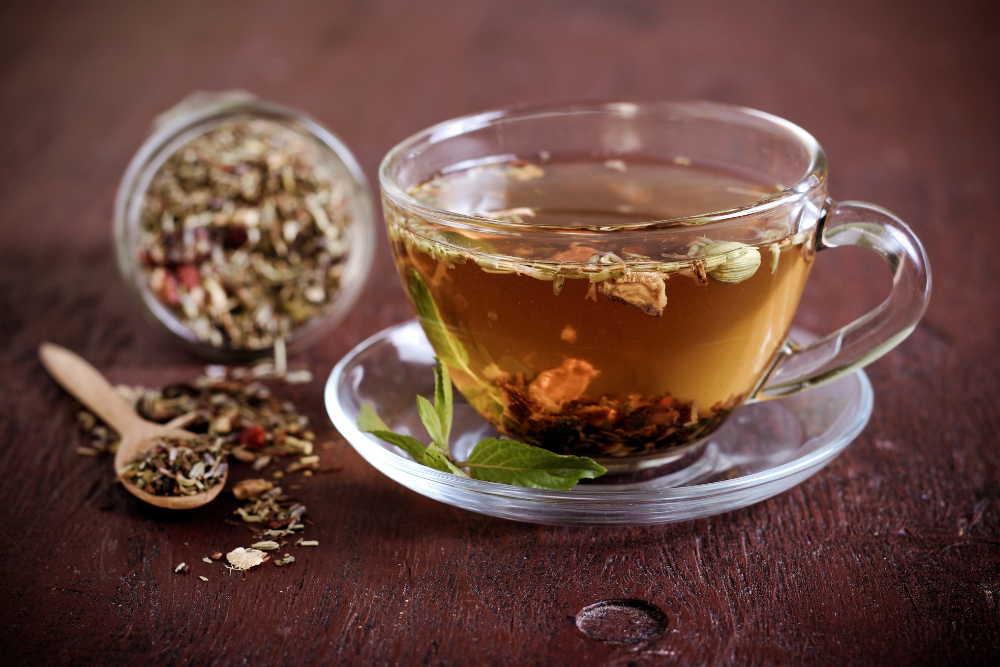
If you’re interested in exploring the power of Swiss herbal remedies, here are a few ways to incorporate these natural healing practices into your daily routine:
- Start with Herbal Teas: Enjoy a daily cup of Swiss herbal tea made from plants like chamomile, mint, or nettles to promote digestive health, relaxation, and overall wellness.
- Use Herbal Ointments and Balms: Invest in Swiss-made arnica creams or Edelweiss-infused skincare products to soothe sore muscles or protect your skin.
- Create Your Own Herbal Remedies: Learn the art of herbal tinctures or infusions from local Swiss herbalists or wellness centers, or try your hand at making your own natural remedies at home.
- Visit Swiss Wellness Retreats: Immerse yourself in the healing powers of nature by visiting a Swiss spa or wellness center that specializes in herbal treatments and therapies.
- Support Local Herbal Producers: Purchase high-quality Swiss herbal products from local producers to support sustainable farming practices and experience the benefits of fresh, wildcrafted herbs.
Conclusion
Switzerland’s rich tradition of herbal remedies and natural healing offers a fascinating glimpse into the country’s deep connection with nature. From the snow-capped Alps to the lush meadows, the plants found in Switzerland’s wild landscapes provide powerful solutions for everything from digestive health to skin care and emotional balance. As more people seek natural alternatives to modern medicine, Swiss herbalism continues to play a vital role in promoting wellness and vitality, making it a tradition that is as relevant today as it was centuries ago.












